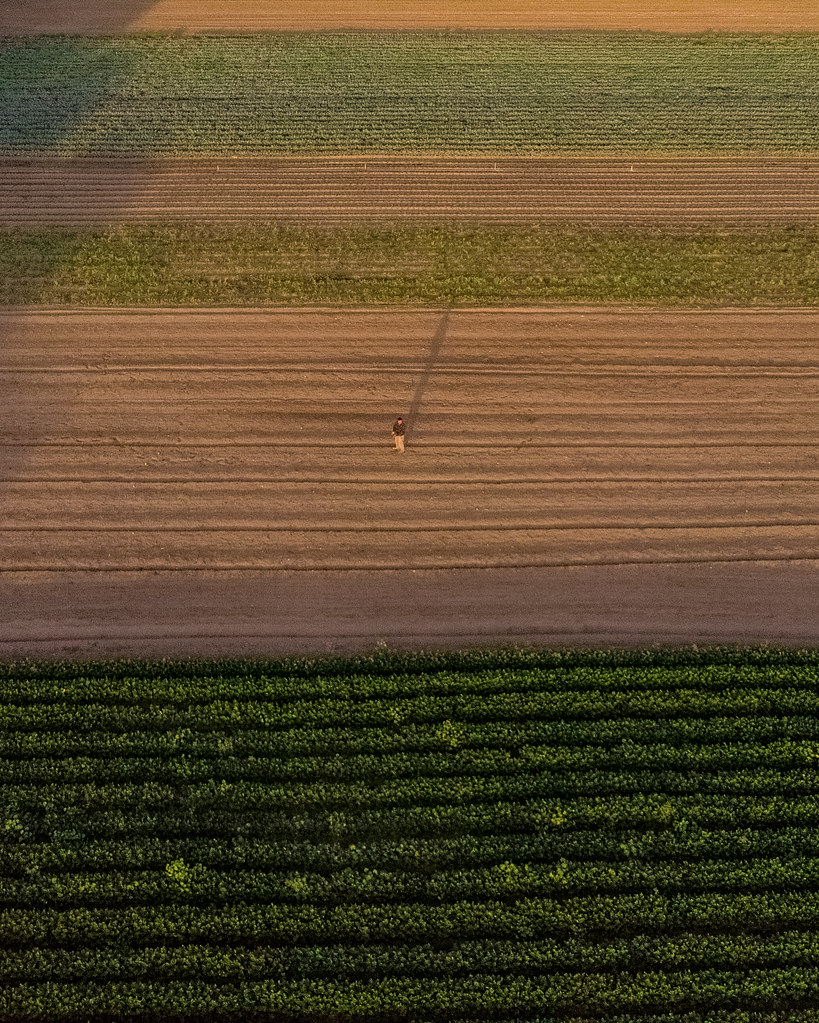Restoring balance in the natural carbon cycle.
.
Savills have some interesting pieces on ‘decarbonising farming’:
Savills UK | Rural Land and Carbon – 2020
Including the latest:
Cutting carbon on the farm
The agricultural sector is under increasing scrutiny from the public for its greenhouse gas emissions. For every 10 tonnes of greenhouse gas emissions within the UK, one of them (10 per cent) will be from agriculture. The sector sits in a unique position as both a source and a potential sink of greenhouse gases. While agriculture has reduced its carbon footprint by 13 per cent from 1990 to 2019, it needs to do more, as it risks falling far behind other sectors in the race to decarbonisation.
Using the Savills Model Farm, we have explored how the carbon footprint of a farm might be reduced and how those potential changes would affect the farm’s balance sheet. Four scenarios were run on the farm – an 800-hectare arable farm in the East Midlands – and we used the Farm Carbon Cutting Toolkit to measure the carbon impact of each, as compared with the farm’s existing carbon footprint.
We have previously modelled the impact that land use change can have on a farm’s carbon balance (see Spotlight: Rural Land and Carbon), however this latest research looks into the potential emissions reduction that smaller-scale management alterations can create.
Savills Blog | Cutting carbon on the farm
Another excellent source of information from the ground, as it were, is from the ARC:

Agricultural and Rural Convention – ARC2020
Including a couple of pieces from last month:
Carbon Starvation – A Crisis Of Our Time?
Are we beginning to see carbon – the fundamental building block of all life – as a pollutant? Instead of demonising carbon as a cause of climate breakdown, we need to restore balance in the natural carbon cycle that has been disrupted by the use of artificial fertilisers. In advance of his upcoming series on farming within planetary boundaries, Stuart Meikle offers a primer on the complex role of carbon in our soils.
Carbon Starvation – A Crisis Of Our Time? | Agricultural and Rural Convention
Recharging Soils with Carbon Could Make Farms More Productive
Agriculture has historically been a circular industry where crops use nutrients in the soil to grow which are then replaced through compost or manure. But globalisation and industrialisation of the food supply chain has disrupted this cycle, driving farming practices that have helped degrade a third of the planet’s land.
Scientists are now looking at ways of tackling this problem with an approach that will not only restore nutrients to the soil but also help to offset the greenhouse gas emissions produced by agriculture.
Recharging Soils with Carbon Could Make Farms More Productive | ARC2020